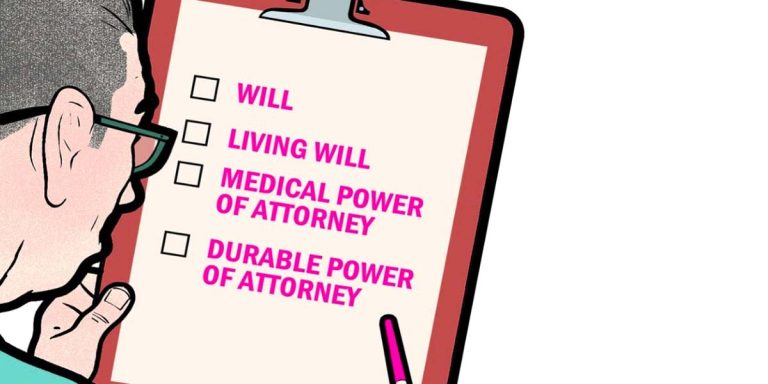Long-term care typically refers to a number of care services that senior citizens or disabled adults may need, including health care, basic self-care, nursing home costs, etc. Basic self-care is also known as assisted living and includes activities such as bathing, washing, feeding, and assistance with using the toilet, among others. Long term care also encompasses paying bills and shopping on behalf of a senior citizen.
The number of senior citizens over 65 that need long term care is on the increase. However, most citizens prefer to be cared for in their homes rather than in a nursing home or assisted living facility. But only a few realize that this option can be more expensive than living in a facility.
Whether at home or in a nursing home facility, how do you go about the cost? What are the ways by which you can pay for your long term care?
1. LTC insurance (LTCi)
You can pay for your long term care using the Long term care insurance (LTCi) policy. Although it is expensive in New Yoke, LTCi can quickly pay off all you have put into it. That is, you can pay the insurance premiums over a stretch of 10 years, but you can get benefits worth over the total value of the premium within 6 months of your long term care. It is therefore a worthy investment with great ROI.
2. Life insurance cash value
Your life insurance can be converted into income stream to foot your long term care costs. However, this depends on the policy’s value and terms.
3. Mortgage payments from real estate
If you own real property and give out mortgage, the mortgage payments you receive on the estate can be used to pay for your long term care. The income flow also provides you a monthly untaxed source of income. It’s a great idea to understand the mortgage interest rates and how much you can make out of the house.
4. Money from a home sale
If you prefer selling your home, it could be another way to pay for your long term care. But instead of selling it off to a total stranger, you can sell it to a child so that you can live in the house while you pay rent. But since it’s your child, they can gift you the value of the rent so you don’t have to actually give out money.
5. Medicaid
Medicaid is a program created by the federal government to help disabled and low-income citizens pay for the medical costs they can’t afford. Although it’s the federal government who provided this program, the state controls it.
In New York, the Medicaid program pays the nursing home and personal care of qualified New York residents.
There are different sub entities within Medicaid, each paying for certain long term care needs.
- Community First Choice State Plan Option (CFCO) – This goes for personal care assistance who receive long term care in their own homes. CFCO offer benefits such as durable medical equipment and emergency response systems.
- Managed Long Term Care Program – helping residents with their personal care and housekeeping.
- Consumer-Directed Personal Assistance Program (CDPAP) – This program pays for personal care for seniors in their homes. In this set up, the dependent individual can select their own preferred caregiver who will receive payment for caring for you. You could even choose your child.
- Assisted Living Program (ALP) – This program pays the cost of living in an assisted living facility. It basically covers the housing cost. Sometimes, the facility may offer other additional benefits beside the residential cost.
This program is typically available to individuals whether or not they qualify for Medicaid.
Typically, the policy holder would have to include a “rider” to the policy. The rider allows the individual to get benefits at any time they become terminally ill, get diagnosed with a cognitive impairment or meet other requirements.
6. Health savings account
An individual who has a high-deductible health insurance plan can create a health savings account from which their long term care costs will be paid.
7. Personal savings
Although using your personal savings to pay your long term care costs isn’t advisable, it’s still a way to go. You can start saving up money today that will be used to care for you in the future.
Speak with an elder law attorney
Long term care is not always straightforward. You may be confused as to what it covers and who is responsible for certain payments. To ensure you get it right, speak with an elder law attorney near you today.
































